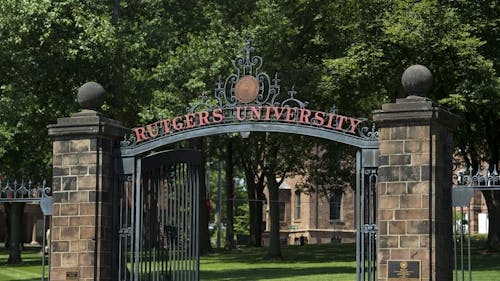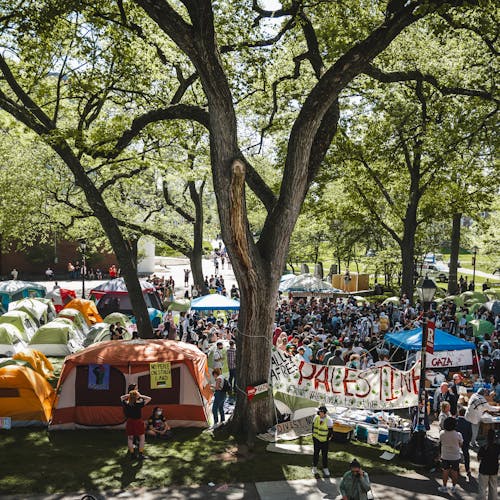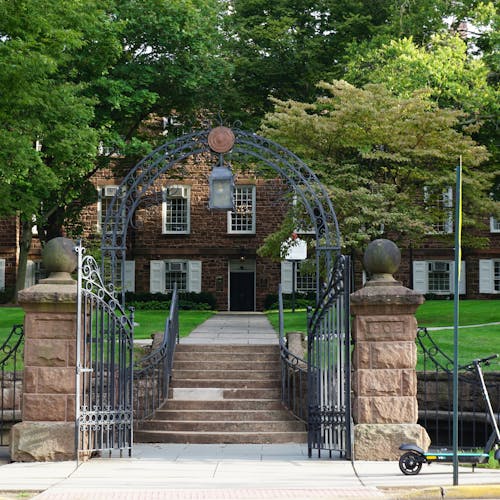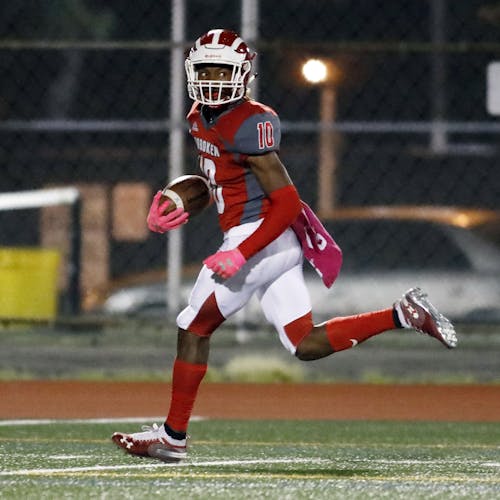U. community members reflect on accommodation services on campus amid National Disability Employment Awareness Month

The Office of Disability Services (ODS) at Rutgers implements a multitude of efforts to address the difficulties that people with disabilities encounter across campus. In recognition of October being National Disability Employment Awareness Month (NDEAM), members of the University community commented on these initiatives.
Carlie Andrews, senior director of the ODS, said its main goal is to promote inclusivity and provide all students with equal access to University courses, programs, activities, services and facilities.
“We provide academic accommodations, train faculty and staff and collaborate with various campus departments that also provide accommodations such as Residence Life and (Rutgers Department of Transportation Services), to name a few of our efforts,” she said.
Andrews said the ODS aims to incorporate what students want into its services by sending out yearly satisfaction surveys which ask about its performance and whether students have opinions about potential changes to the office.
The ODS has taken the feedback that students provided in the survey to adjust their services multiple times, she said. Changes have included the switch from using the term "disabled student" to instead using "student with a disability," to better accommodate the preferences of students with disabilities from the feedback.
Douglas Kruse, director of the Program of Disability Research and a professor in the Departments of Human Resources Management and Labor Studies and Employment Relations, said he had positive experiences with Rutgers while returning to the office after enduring an injury that led him to need a wheelchair.
“I was hit by a drunk driver following my second year at Rutgers which put me into a wheelchair, and Rutgers was very accommodating in welcoming me back to work,” he said. “I have received adaptive equipment for teaching, along with special parking and an accommodation for teaching remotely. I do not have any complaints about how I have been treated and like to think that my classes have been taught well.”
Kruse also said the University has improved its formal process for accommodation requests for workers with impairments by establishing a streamlined procedure which was not initially in place for him when he began using a wheelchair.
While students with disabilities on campus have adequate access to Rutgers' paratransit system, which provides them with customized accessible transportation to areas on campus, Kruse said Rutgers employees with disabilities do not have access to this system.
“(The Rutgers paratransit system) should be extended to employees as well,” he said. “Rutgers employees with disabilities deserve accessible transportation to all Rutgers locations so they do not have to face extra costs and difficulties in getting to work.”
Andrews said that creating an all-inclusive and fully accessible Rutgers campus will be an ongoing project, and the ODS is constantly working to bring more physical accessibility and seeking to remove additional hurdles that students may encounter.
She also said members of the Rutgers community are highly encouraged to try to attend at least one of the excellent campus events that are being held throughout October to celebrate NDEAM.
“We also want to ensure a student is supported in every way possible,” Andrews said. “We work frequently with great campus partners ..."



